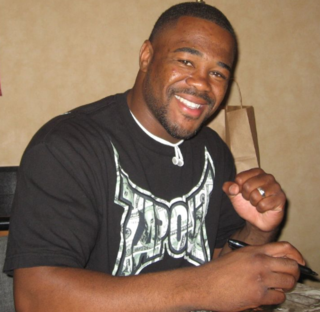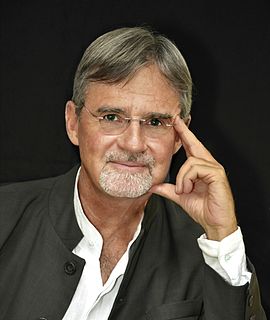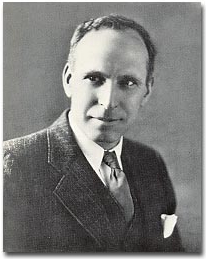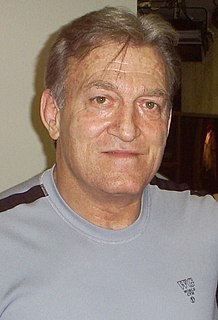A Quote by Alistair Horne
In 1939, Fitzroy Maclean, a gangly Highland aristocrat in his early 30s, was serving as a British diplomat in the U.S.S.R. Disgusted by the Soviet show trials, he quit the Foreign Service and would go on to serve with Tito's partisans fighting the Germans in Yugoslavia.
Related Quotes
Yugoslavia is, with Iran, the only country which under difficult, not to say agonising, circumstances stood up to Joseph Stalin. It was not easy to unite ethnic groups or to modernize a country like Yugoslavia, and it must be acknowledged that Marshal Tito achieved something extraordinary. May God grant that his successors be as capable as he.
The late Rev. Peter Gomes at The Memorial Church at Harvard was a true mentor to me when I was in college. He instilled in me a commitment to service, saying that it's not enough to believe in service, or support those who serve - you ought to find a way yourself to serve. When I looked at different options after college, nobody inspired me more than the 18- and 19-year-olds who serve on the front lines of our nation's military. Serving with them in the Marines as we together served our country was the greatest honor of my life to date.







































